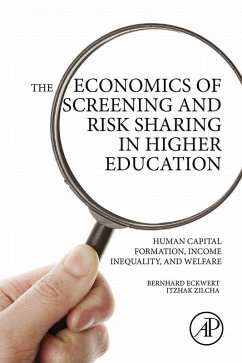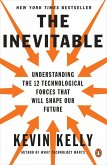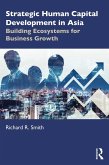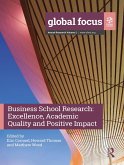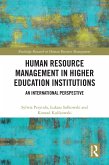The Economics of Screening and Risk Sharing in Higher Education explores advances in information technologies and in statistical and social sciences that have significantly improved the reliability of techniques for screening large populations. These advances are important for higher education worldwide because they affect many of the mechanisms commonly used for rationing the available supply of educational services. Using a single framework to study several independent questions, the authors provide a comprehensive theory in an empirically-driven field. Their answers to questions about funding structures for investments in higher education, students' attitudes towards risk, and the availability of arrangements for sharing individual talent risks are important for understanding the theoretical underpinnings of information and uncertainty on human capital formation.
- Investigates conditions under which better screening leads to desirable outcomes such as higher human capital accumulation, less income inequality, and higher economic well-being.
- Questions how the role of screening relates to the funding structure for investments in higher education and to the availability of risk sharing arrangements for individual talent risks.
- Reveals government policies that are suited for controlling or counteracting detrimental side effects along the growth path.
Dieser Download kann aus rechtlichen Gründen nur mit Rechnungsadresse in A, B, BG, CY, CZ, D, DK, EW, E, FIN, F, GR, HR, H, IRL, I, LT, L, LR, M, NL, PL, P, R, S, SLO, SK ausgeliefert werden.

